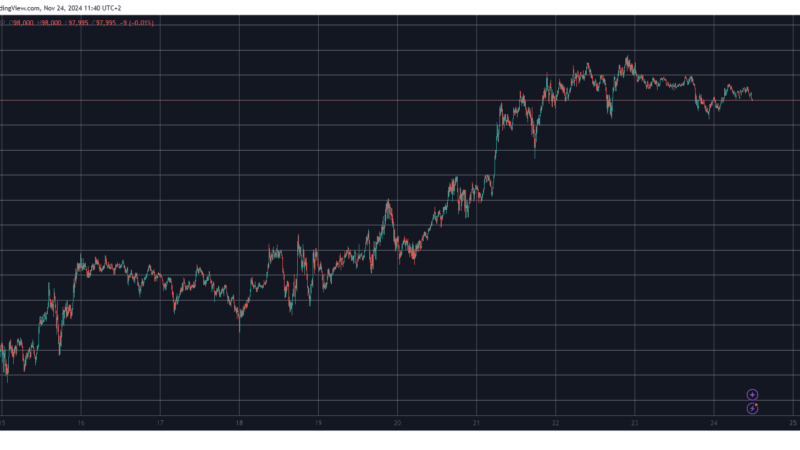U.S. Cracks Down on Unlicensed Money Transmitting Business: Aurae CEO Charged


The post U.S. Cracks Down on Unlicensed Money Transmitting Business: Aurae CEO Charged appeared first on Coinpedia Fintech News
Christopher James Scanlon, a 43-year-old businessman with a business background in both the United States and the United Kingdom is charged seriously in the United States for conspiracy to engage in an unauthorized money-remitting business.
Phillip R. Sellinger, the U.S. Attorney, said that Scanlon facilitated money transfers for his wealthy clients through entities associated with his luxury lifestyle brands, without a license. Scanlon was arrested at Miami International Airport and is expected to have his first appearance in the Southern District of Florida court.
Partnerships for Financial Transactions Funded Through Aurae Lifestyle, Club Swann
According to the allegations, Scanlon, the founder, and CEO of Aurae Lifestyle, and the brand Club Swann used several related and connected modalities to provide unregistered financial services and products. These companies are also called AU Entities and have been engaged in work since at least 2015.
The AU Entities provided clients with both conventional and cryptocurrency services, which were available not requiring the enhanced federal registration for money transmission.
Some say that Scanlon coordinated the transactions through encrypted messages for unregistered cross-border transactions that involved either American-based banks or crypto companies. Some of his clients which busybodies claim are elite and involve high net worth persons mostly sought his services for fiat as well as crypto business.
Legal Implications and Possibilities of the Sanction
The conspiracy charge that Scanlon faces comes with a host of possible consequences in the form of up to five years’ imprisonment as well as fines that may go up to $250, 000 or double the loss resulting from Scanlon’s alleged schemes.
Scanlon arrest is one more link in a chain of stronger attention from the U.S. Department of Justice and other agencies to the unlicensed crypto-related companies.
This is among the cases that demonstrate the vulnerabilities of unregistered crypto financial services and authorities emphasize the necessity of the regulation in preserving financial systems stability.



